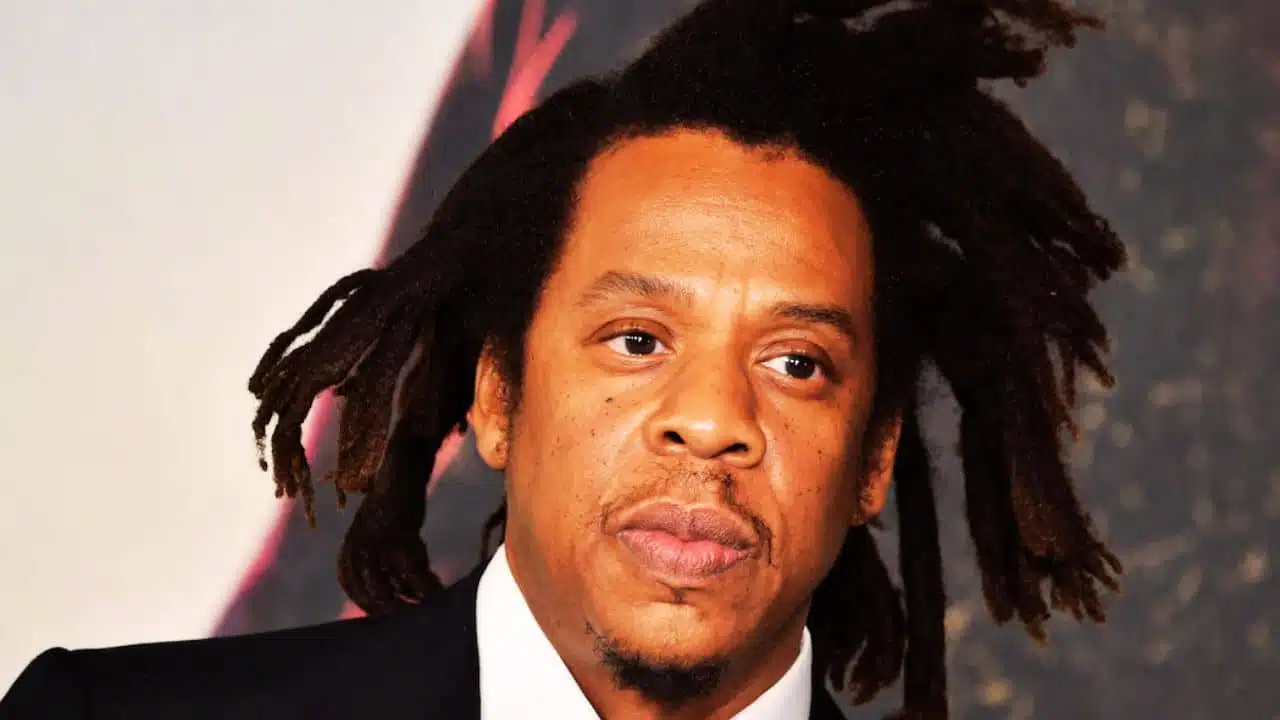In a case that has captured national attention, rapper and business mogul Jay-Z, whose real name is Shawn Carter, faced a significant setback in court this week. The lawsuit, brought forward by a woman who alleges that Jay-Z raped her over 20 years ago when she was 13 years old, has taken a contentious turn as his legal team’s aggressive strategies have come under fire. The plaintiff, identified in court documents as “Jane Doe,” claims the alleged assault occurred decades ago, yet the fallout is playing out publicly now, with legal and reputational stakes at their peak.
The Lawsuit: Allegations and Historical Context
The plaintiff filed the lawsuit under anonymity earlier this year, citing deeply personal and sensitive circumstances related to her age at the time of the alleged incident. She alleges that the assault occurred in the late 1990s, a period when Jay-Z was beginning to rise to fame in the music industry.
The allegations are serious, involving not only the rape claim but also the assertion that Jay-Z’s legal and public influence could intimidate her into silence. These allegations have emerged in the context of a broader societal reckoning around sexual abuse and accountability, making the case not just about the individuals involved but also about the wider implications for survivors of historical abuse seeking justice years later.
Jay-Z’s Initial Legal Response: Dismissing and Disclosing Identity
In response to the lawsuit, Jay-Z’s legal team filed motions to dismiss the case outright and to require the plaintiff to proceed using her real name instead of the pseudonym “Jane Doe.” This is a common defense strategy in cases involving high-profile figures, as revealing the plaintiff’s identity can sometimes deter them from continuing with the lawsuit.
However, both motions were swiftly rejected by the presiding judge, who determined that the case should proceed without the plaintiff being forced to relinquish her anonymity. For survivors of sexual assault, the ability to file lawsuits under pseudonyms is critical to protect their privacy, especially in cases involving powerful defendants with substantial public profiles.
Court Criticism: Judge Calls Out Jay-Z’s Legal Team
The court’s ruling wasn’t just a denial of the motions—it came with pointed criticism of the tactics employed by Jay-Z’s legal team. In a five-page order, the judge described their approach as “relentless” and “inflammatory,” calling out the use of combative language and personal attacks in legal filings.
“[Shawn] Carter’s lawyer’s relentless filing of combative motions containing inflammatory language and ad hominem attacks is inappropriate, a waste of judicial resources, and a tactic unlikely to benefit his client. The Court will not fast-track the judicial process merely because counsel demands it,” the judge wrote in the order, as reported by Deadline.com.
The judge’s stern rebuke highlights the potential pitfalls of overly aggressive legal strategies, which can alienate the court and damage a defendant’s standing even before the case proceeds to substantive hearings or trials.
Why Jay-Z’s Strategy Backfired
Legal experts have noted that it is exceedingly rare for cases, particularly those involving historical allegations of sexual abuse, to be dismissed at an early stage. Motions to dismiss are typically denied unless there are glaring legal deficiencies in the lawsuit, which was not the case here.
By pushing for a rapid dismissal and attempting to unmask the plaintiff, Jay-Z’s legal team may have overplayed their hand. Such tactics can be seen as an attempt to undermine the plaintiff’s case before it can be heard on its merits, a move that courts often frown upon.
According to legal analysts, this approach may reflect a misunderstanding of how the judicial process works. Civil lawsuits, especially those involving sensitive allegations, are rarely resolved quickly. Attempting to fast-track a case or dismiss it outright can signal desperation rather than confidence in the legal system.
The Role of Public Relations in Legal Strategy
The decision to pursue such an aggressive strategy may not have been solely the result of legal considerations. Public relations likely played a significant role. As a globally recognized figure with an extensive business empire and partnerships, including a high-profile association with the NFL, Jay-Z has much to lose from prolonged litigation and public speculation about the allegations.
Some speculate that Jay-Z himself may have pressured his legal team to adopt a “take-no-prisoners” approach, seeking a swift and decisive victory to clear his name before the allegations gain further traction in the court of public opinion. However, this strategy appears to have backfired, leaving his legal team in a challenging position.
Implications of the Judge’s Ruling
The judge’s order has established the course of the case. By rejecting the motions for dismissal and anonymity disclosure, the court has signaled its intent to allow the plaintiff to pursue her claims without undue interference.
For Jay-Z, the ruling means that the case will move forward, with discovery, depositions, and potentially a trial all on the horizon. This process will likely be lengthy, costly, and public, ensuring that the allegations remain in the spotlight for months or even years to come.
The case also serves as a cautionary tale for other high-profile defendants facing civil litigation. While it may be tempting to adopt an aggressive stance in the hopes of quickly ending the case, such tactics can backfire, particularly when they are perceived as undermining the judicial process.
Courts are often reluctant to grant special treatment to influential defendants, and attempts to sidestep due process can lead to reputational damage even before the merits of the case are considered.
What Happens Next
As the lawsuit moves forward, the focus will likely shift to the evidence. Both sides will have the opportunity to present their arguments, with the plaintiff expected to detail her allegations and Jay-Z’s legal team tasked with mounting a robust defense.
While the initial rulings have favored the plaintiff, they do not necessarily indicate the outcome of the case. The burden of proof in civil cases is lower than in criminal trials, but the plaintiff will still need to provide compelling evidence to support her claims.
For Jay-Z, the next steps will involve recalibrating his legal strategy to focus on the facts of the case rather than procedural maneuvers. This shift will be crucial not only for his legal defense but also for managing the long-term impact on his reputation and business interests.
A Pivotal Moment
This lawsuit represents a pivotal moment for both parties. For the plaintiff, it offers a chance to seek accountability and justice decades after the alleged events occurred. For Jay-Z, it is an opportunity to address serious allegations head-on, albeit through a process that may not align with his desire for a quick resolution.
As the case unfolds, it will continue to raise important questions about how the legal system handles historical abuse claims, the role of anonymity in such cases, and the balance between legal and public relations strategies in high-stakes litigation.
Ultimately, the outcome will depend on the evidence presented and the court’s assessment of the facts, underscoring the importance of a thoughtful and measured approach to complex legal battles.


































